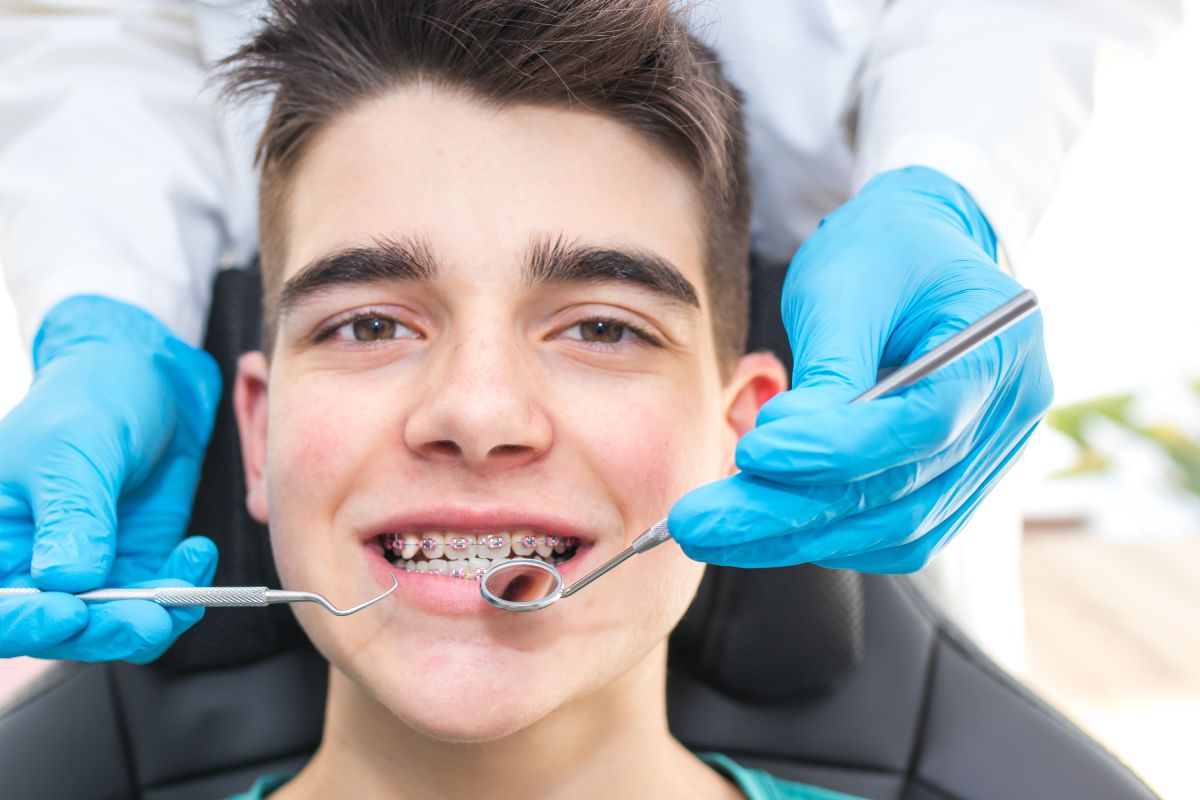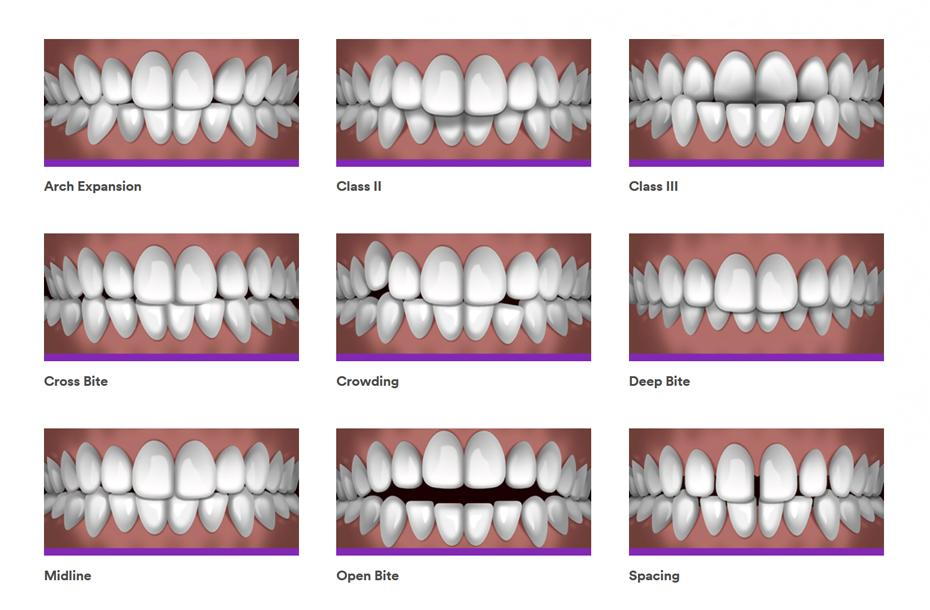The 20-Second Trick For Causey Orthodontics
The 20-Second Trick For Causey Orthodontics
Blog Article
How Causey Orthodontics can Save You Time, Stress, and Money.
Table of ContentsAll About Causey OrthodonticsA Biased View of Causey OrthodonticsCausey Orthodontics Can Be Fun For EveryoneCausey Orthodontics for DummiesTop Guidelines Of Causey OrthodonticsSome Of Causey OrthodonticsSome Of Causey Orthodontics
What is the difference between a dental practitioner and an orthodontist? All dental professionals, including orthodontists, deal with the teeth, gum tissues, jaw and nerves.
You can assume of both doctors that deal with periodontal and teeth problems. The major difference is that coming to be an orthodontist calls for a particular specialized in dealing with the imbalance of the teeth and jaw.
See This Report about Causey Orthodontics
An orthodontist is a dental professional that has actually undergone training to concentrate on the diagnosis, avoidance and treatment of abnormalities in the jaw and teeth. Their training consists of dealing with these existing conditions. They can likewise identify prospective problems in teeth alignment that might establish when conditions are left without treatment. Orthodontists can aid individuals of any ages.
This consists of all the needed education and learning to become a basic dental expert. According to the American Student Dental Association (ASDA), it indicates you will require to have either a Doctor of Medicine in Dental Care (DMD) or a Doctor of Oral Surgery (DDS). To put it simply, orthodontists need to complete dental college and then get an orthodontics specialty education.
Some orthodontists likewise obtain their masters in craniofacial biology. emergency orthodontist near me (https://speakerdeck.com/causeyortho7). Several dental schools provide minimal orthopedic training and direction, which is why basic dental practitioners need to visit orthodontic institution after college graduation. Orthodontic residency programs supply extensive training for this sort of dental field of expertise. These programs concentrate on 2 particular locations or disciplines: Dentofacial Orthopedics: This study concentrates on leading teeth and jaw development.
The smart Trick of Causey Orthodontics That Nobody is Discussing

 The total objective of an orthodontist is to enhance a client's bite. Not everybody is birthed with straight teeth, and an orthodontist will guarantee that clients obtain equally spaced straight teeth.
The total objective of an orthodontist is to enhance a client's bite. Not everybody is birthed with straight teeth, and an orthodontist will guarantee that clients obtain equally spaced straight teeth.
All about Causey Orthodontics
The American Organization of Orthodontists advises your first check up by age 7. You'll need to see your orthodontist if you have an imbalance in your teeth, also known as malocclusion. If you observe uneven bite patterns, a slightly twisted jaw, or when your teeth are chock-full, you will likely require orthodontic treatment.
In enhancement, we supply flexible therapy schedules, versatile settlement alternatives and a fun, delightful experience.
An orthodontist is a dental professional educated to detect, avoid, and treat teeth and jaw irregularities. They correct existing problems and are trained to identify issues that might establish in the future. Orthodontists deal with individuals of all ages, from kids to grownups. People usually connect an ideal smile with health.
Not known Incorrect Statements About Causey Orthodontics
Malocclusion, or misaligned teeth, can lead to dental problems, including tooth degeneration, gum condition, and tough or uncomfortable eating. Not everybody is born with straight teeth. If you have a poor bite or big spaces between your teeth, you may wish to speak with a dental practitioner specializing in orthodontic care.
(Image Credit History: DigitalVision/Getty Images) Orthodontists utilize dealt with and removable dental tools, like braces, retainers, and bands, to change the position of teeth in your mouth. Orthodontic therapy is for oral abnormalities, including: Misaligned teethBite problems, like an overbite or an underbiteCrowded teeth or teeth that are too much apartJaw misalignmentThe goal of orthodontic therapy is to boost your bite.
An Unbiased View of Causey Orthodontics

, but not all dentists are orthodontists. They concentrate on two areas: How to correctly and securely relocate teeth Exactly how to correctly assist development in the teeth, jaw, and faceOnce an orthodontist has completed training, they have the option to come to be board accredited.
Malocclusion leads to tooth congestion, a misshapen jaw, or uneven bite patterns. Malocclusion is generally treated with: Your orthodontist connects metal, ceramic, or plastic square bonds to your teeth.
More About Causey Orthodontics
If you have just minor malocclusion, you may be able to make use of clear dental braces, called aligners, rather of conventional braces. Some people need a headwear to help relocate teeth right into line with stress from outside the mouth. After dental braces or aligners, you'll require to use a retainer. A retainer is a custom device that maintains your teeth in place.
Report this page